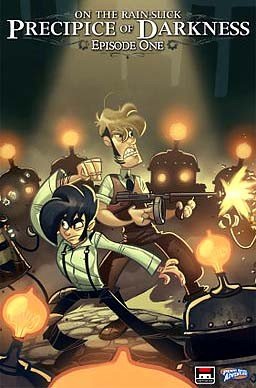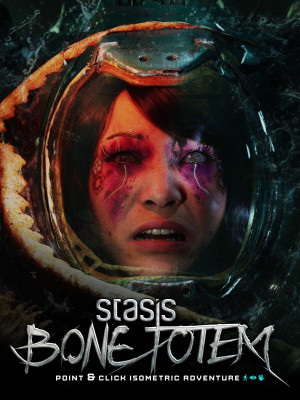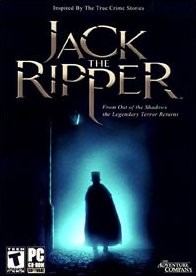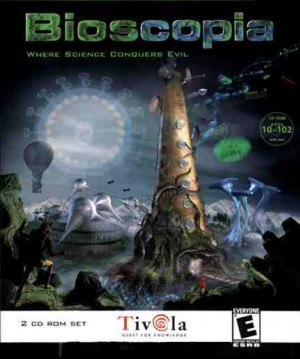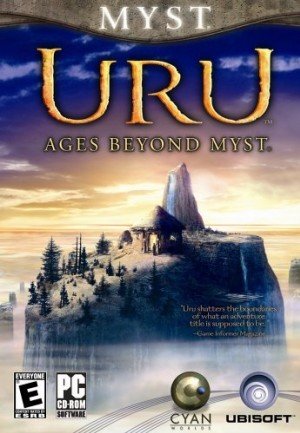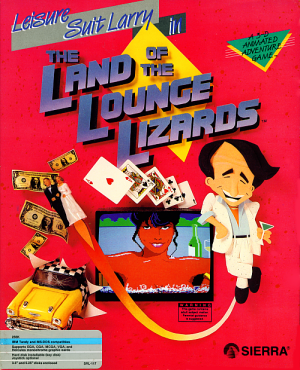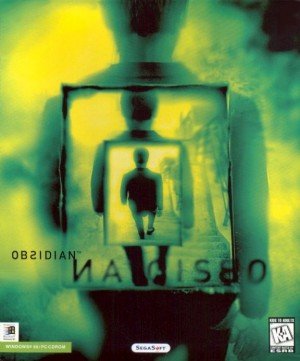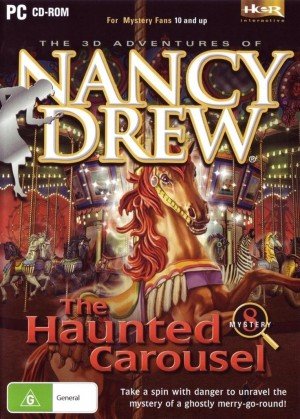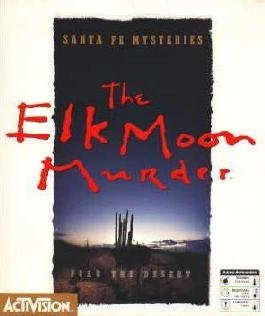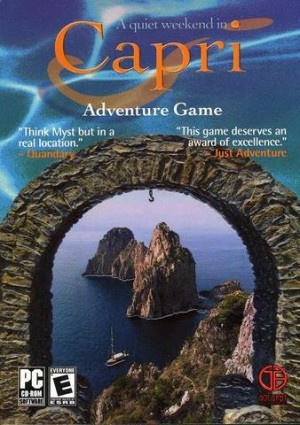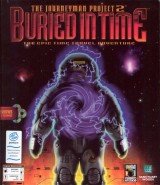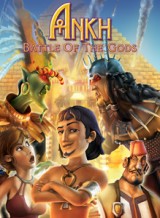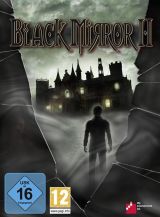Review for Penny Arcade Adventures: On the Rain-Slick Precipice of Darkness
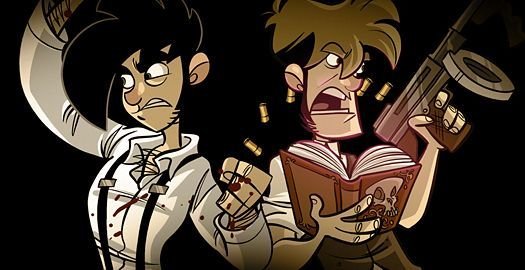
Starting as a simple video game-themed webcomic by writer Jerry Holkins and artist Mike Krahulik in 1998, Penny Arcade has grown in the last ten years to include a podcast (Downloadable Content), a million-dollar-a-year children’s charity (Child’s Play), one of the biggest gaming conventions in the country (Penny Arcade Expo), and finally an actual video game for PC and Xbox 360. Penny Arcade Adventures: On the Rain-Slick Precipice of Darkness: Episode 1 (or PAA:OtR-SPoD:E1 for short) was developed by Hothead Games, with design assistance given by none other than Ron Gilbert, adventure game guru and creator of the Monkey Island series, but don’t assume it’s a traditional point-and-click adventure game. It’s essentially an RPG-adventure hybrid, and heavy on the RPG, though featuring enough laugh-out-loud dialogue and bizarre twists and turns to make it worth a look from anyone who loves the funnier side of adventure gaming.
The year is 1922. The place is New Arcadia. The protagonists from the comic, Tycho and Gabe, are the owners and operators of the Startling Developments Detective Agency, which specializes in the paranormal. You play as an original character of your own design, using a rather limited avatar creation system to choose your gender, style of dress, facial features, and hairstyle. While the options are few (any game where I can’t make Abraham Lincoln doesn’t have enough options), it can be forgiven by the fact that whatever character you make in the 3D creator will somehow be rendered perfectly in all the 2D cutscenes and dialogue trees.
The action begins when, out of nowhere, a three-story tall evil juicer robot (aka the Fruit F***er) casually stomps on your house on its way down the street. You see Tycho and Gabe in hot pursuit, then quickly grab a rake and chase after them. It turns out legions of these robots (usually, of course, much smaller) have been popping up everywhere, and soon the three of you agree to work together to discover the mystery behind the foul madness that’s been infecting New Arcadia and put an end to it—by any means necessary.
That means combat, and lots of it. Players will often find themselves in RPG-esque battle screens, waiting to lay down some violence on a feral hobo or—yes, this is actually in the game—a sinister barbershop quartet. Not exactly turn-based, nor quite real-time, the fighting in PAA:OtR-SPoD:E1 runs off several little initiative timers. The first timer to fill up lets you use an item, the second a basic attack, and the third a special attack (which invariably also involves a quick button-mashing minigame to deal max damage). The essence of combat lies in stringing together attacks between your three party members so your opponents don’t have the opportunity to mount much of an offense. When they do attack you, you can watch their health bar for a quick half-second flash that signifies you can block (or even, for those with perfect timing, counterattack) if you’re fast on the trigger. Though I’ve never had the patience to play through a traditional turn-based RPG in the past, I found the combat in PAA:OtR-SPoD:E1 completely addictive. The designers did a great job of starting out small and slowly ramping up the difficulty of your opponents as your personal skill at playing grows, not to mention your character skills that periodically level up with experience.
Not convinced you can handle the action? While your reflexes will be tested, the game isn’t looking to punish you. Along every street you explore there is an abundance of destroyable bonus item-holding objects, making you so overloaded with healing items and power-ups that the persistent player will have little trouble racking up kills. If you’re running out of bandages, just head back to a street you’ve already cleared of baddies and the breakable item containers will have reconstituted themselves, ready to be harvested once again. There are also a few carnival minigames you’ll need to play like skee ball and knocking down milk bottles, but there’s no penalty for failing, and after three or four tries you’ll start to win consistently every time you step up.
In terms of “gameplay,” there’s not much else to do outside of fighting, but the true appeal of the game comes from the writing. In each of the game’s four environments, from a quiet cul-de-sac to the aptly named “Hobo Alley,” virtually every single object you see has a custom written Penny Arcade-style description. In fact, the entire script was written by Jerry Holkins himself, and is filled with his distinctive style of wordplay, including several new words like Urinologist (someone who studies the effect of pee on objects), Apocalyptics (what Tycho’s college degree is in), and Strengthium (the key ingredient to strength potions). Unlike some games that lazily give you the same “I can’t use that” message a hundred times over, PAA:OtR-SPoD:E1 contains hardly any repeated text. For example, every single one of the 14 crabs scattered throughout the Boardwalk environment has its own description—not because they’re useful to the story or the game, but just because it’s fun.
While there’s no shortage of things to look at as you explore the game, your interaction with the world is limited. You do have an inventory, but it’s only accessible back at the Startling Developments office (which you can warp to at any time), and consists generally of either quest items you give to/receive from NPCs in your explorations, or clues to the Fruit F***er mystery you can show to Tycho’s genius niece Anne. There isn’t anything you could really call a puzzle, though there are times when you won’t know precisely where to go to find something, or exactly what object you need to acquire to meet someone’s needs, but the number of environments are limited enough that you’ll never spend more than ten minutes “stuck” on any particular task. On the other hand, there are plenty of dialogue trees, which usually give you the option of either agreeing or disagreeing with the person you’re speaking with. As everyone you meet is by and large dishing out some straight-up crazy talk, either choice tends to be very funny.
For all the talking heads, there’s practically no voice acting in PAA:OtR-SPoD:E1. The game is bookended by an omniscient narrator (who begs you “not to dwell on [his] mysterious identity”) who’s voiced very well, but no other character ever says a word. The creators stated they didn’t want to spoil whatever voices fans had already created in their head for Gabe and Tycho, which is understandable, but there are still plenty of original characters who would have been nice to hear from. The entire game is oddly silent, and except for a new game-themed rap song from MC Frontalot that plays over the end credits, I can’t recall any particular music or memorable sound effects. It’s a good thing the other half of the aesthetics coin, the graphics, are so strong. The animators and modelers at Hothead Games did a terrific job of emulating the Penny Arcade world, and when you compare the final product with the unlockable concept art from Mike Krahulik, it’s clear how closely they must’ve worked together in creating the gamescape.
At six to eight hours of play, it’s a fairly beefy episodic title, though the $20 price tag may shock those who are used to spending around $10 for download-only games. If you’re a fan of Penny Arcade and believe you can handle the lightweight combat, I can recommend this game to you without reservation. If you’re not familiar with Penny Arcade, then you’ll probably still get a kick out of it if you enjoyed the comedy in titles like Sam & Max or Leisure Suit Larry, plus some over-the-top violence and a few extra f-bombs. If you truly dislike Penny Arcade, then On the Rain-Slick Precipice of Darkness: Episode 1 certainly won’t change your mind. In the end, it all depends on what draws you to adventure games. If you’re primarily in it for the puzzles and epic storylines, this isn’t a good choice for you, but if, like me, you mostly look for hilarious dialogue and absurd situations, then you should brave the RPG elements and give it a shot.


